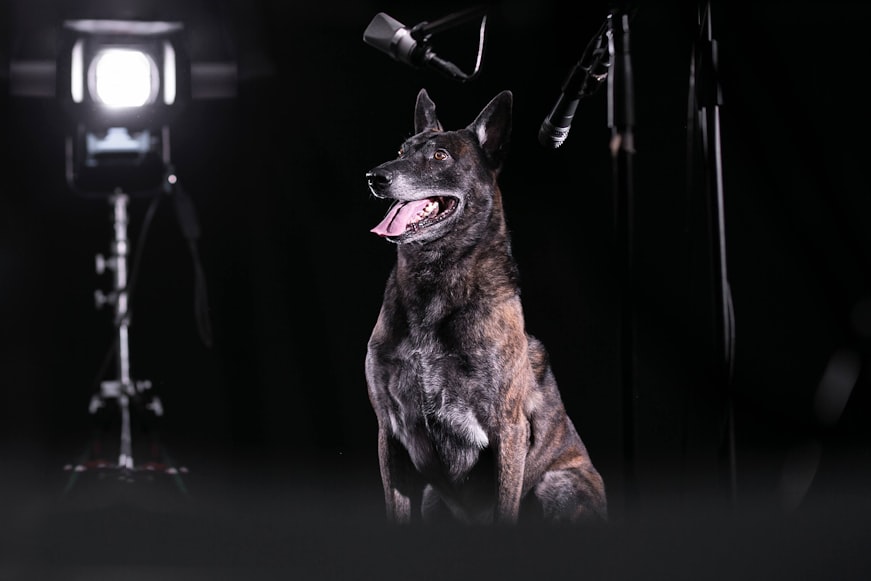6. Buying Guide and FAQs
Navigating the vast array of natural pet food and supplies can be overwhelming. Understanding your pet’s specific needs and selecting the best products for their well-being is crucial. This comprehensive buying guide and FAQ will empower you to make informed decisions that will support your pet’s health and happiness.
Considerations for Selecting the Right Pet Food
- Breed and Size: Different breeds and sizes of pets have varying nutritional requirements. Consider your pet’s unique characteristics when choosing a food that meets their specific needs.
- Age: Puppies and kittens have different dietary needs than adult and senior pets. They require specialized formulas that support their growth and development.
- Activity Level: If your pet is highly active, they will need a food with higher protein and fat content to provide them with sustained energy levels.
- Health Conditions: Some pets have specific health concerns that require specialized diets. If your pet has allergies, sensitivities, or other health issues, consult with a veterinarian to determine the best food options.
Common Questions and Expert Answers
Q: What are the benefits of feeding my pet natural food?
A: Natural pet food is free from artificial ingredients, preservatives, and fillers. It provides a wholesome diet that supports overall health, digestion, and immune function.
Q: How do I transition my pet to a natural diet?
A: Gradually mix the new food with their current food over a period of 7-10 days. Start with a small amount and gradually increase the ratio until your pet is fully transitioned to the natural food.
Q: What are the different types of natural pet food available?
A: There are a variety of natural pet food options, including:
- Wet food
- Dry food
- Raw food
- Freeze-dried food
Q: What are the best natural pet supplies?
A: Look for pet supplies made from sustainable materials, such as recycled plastic, bamboo, or hemp. Toys should be non-toxic and durable to ensure your pet’s safety.
Q: How often should I bathe my pet?
A: The frequency of bathing depends on your pet’s breed, activity level, and coat type. Generally, short-haired pets can be bathed every 2-3 months, while long-haired pets may require more frequent bathing every 1-2 weeks.
Additional Tips
- Read ingredient labels carefully: Avoid foods with artificial ingredients, fillers, and preservatives. Look for whole, recognizable ingredients that provide nutritional value.
- Consider your pet’s taste preferences: Offer a variety of natural food options to find one that your pet enjoys.
- Monitor your pet’s health: Observe your pet’s energy levels, weight, and coat condition. If you notice any changes, consult with a veterinarian.
- Store pet food properly: Keep pet food in a cool, dry place to maintain its freshness and prevent spoilage.
- Provide plenty of fresh water: Ensure your pet has access to clean, fresh water at all times.
By understanding your pet’s unique needs and following these guidelines, you can provide them with the best possible care and nutrition. Remember, choosing natural pet food and supplies is an investment in their health, happiness, and well-being.




















